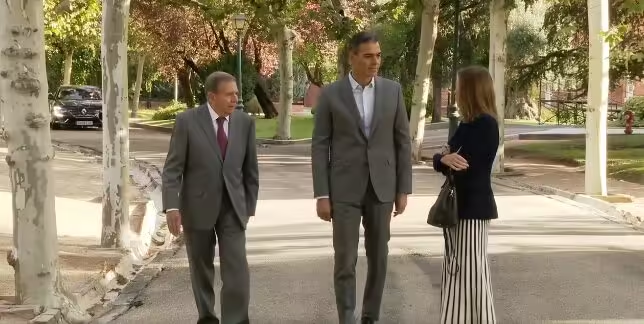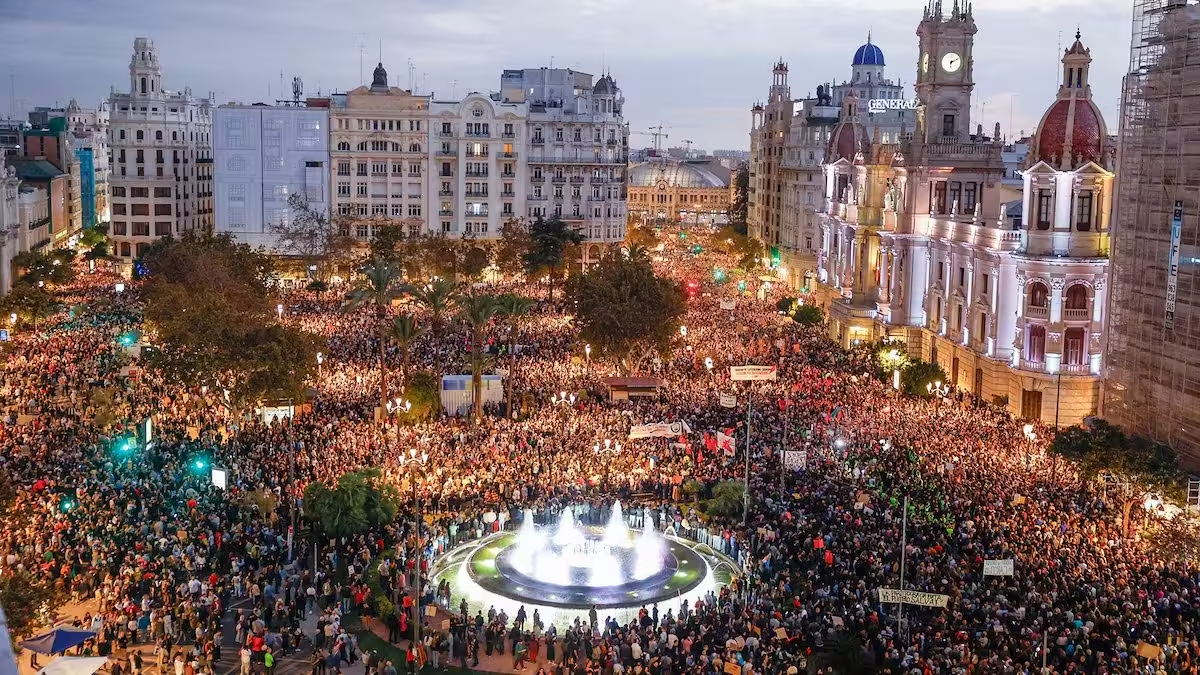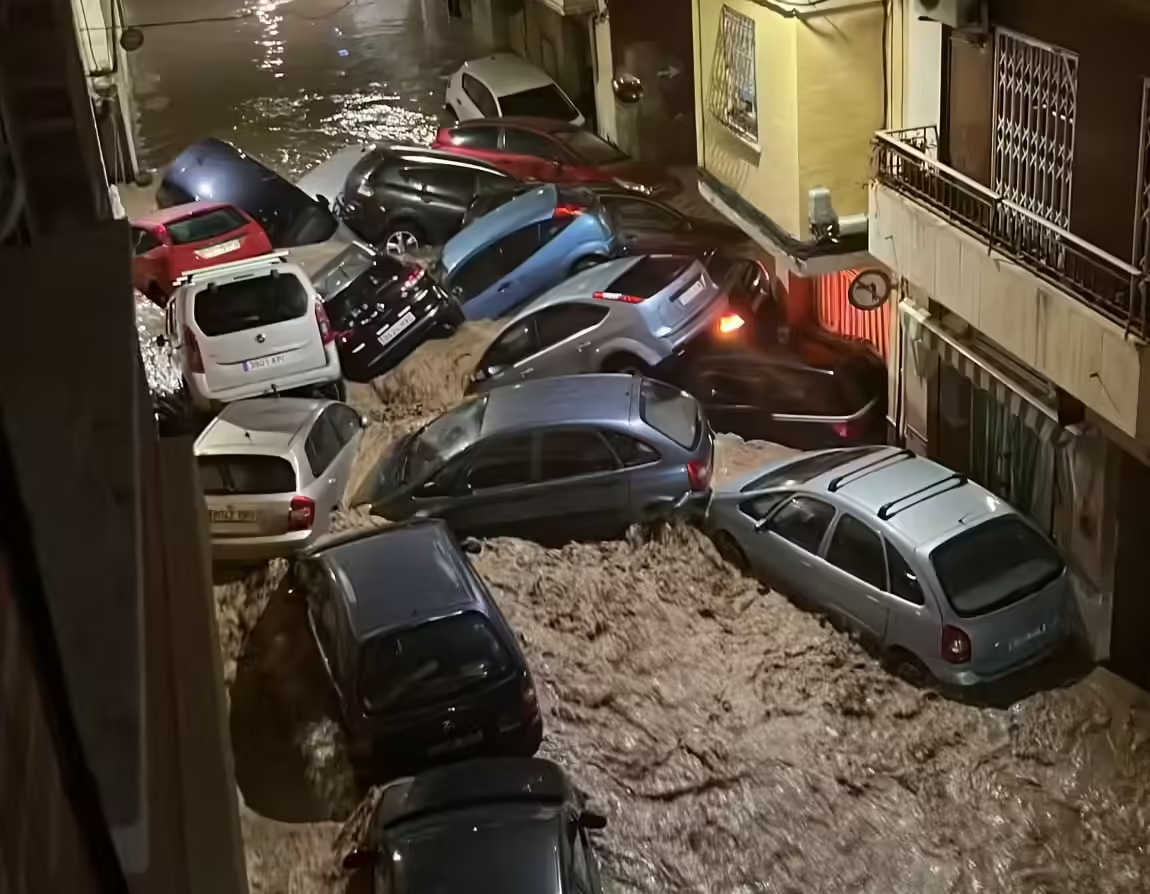CIA Plot Claims Fuel Spain-Venezuela Tensions
Edmundo González, the Venezuelan opposition candidate, arrived in Spain recently after being granted asylum. González, who fled Venezuela after weeks in hiding, landed at Madrid’s Torrejón military air base with his wife. His escape follows the disputed outcome of Venezuela’s July 28 elections, where President Nicolás Maduro claimed victory, a result contested by González and many international observers.
Arrest Warrant and Repression Claims
Before fleeing, González faced an arrest warrant in Venezuela. The government accused him of serious crimes including conspiracy and document forgery. González, in an audio message, expressed confidence in continuing the fight for Venezuelan democracy from abroad. Opposition leader María Corina Machado confirmed that González left to escape threats and repression following the election.
Doy una cálida bienvenida a nuestro país a @EdmundoGU, a quien acogemos mostrando el compromiso humanitario y la solidaridad de España con los venezolanos.
— Pedro Sánchez (@sanchezcastejon) September 12, 2024
España sigue trabajando en favor de la democracia, el diálogo y los derechos fundamentales del pueblo hermano de Venezuela. pic.twitter.com/EoTRvYPJSq
International Reactions and Diplomatic Strains
The U.S. and EU have criticized the Venezuelan electoral process. U.S. Secretary of State Antony Blinken stated that González’s departure was due to Maduro’s anti-democratic actions. EU foreign policy chief Josep Borrell described the situation as a’sad day for democracy.’
Spain’s Foreign Minister José Manuel Albares has vowed to support González and emphasized Spain‘s commitment to Venezuelan political rights. Spanish Prime Minister Pedro Sánchez has called González a ‘hero’ and pledged that Spain would not abandon him.
Accusations of CIA Plot and International Reactions
The Spanish-Venezuelan relations became even more strained when Venezuela’s Interior Minister Diosdado Cabello claimed that the CIA was behind a plot to assassinate President Maduro and other top officials. The Venezuelan government has detained three U.S. citizens, two Spanish citizens, and one Czech national, accusing them of destabilizing the country and plotting terrorist acts. Cabello alleged that the detainees were involved with the CIA and ‘French mercenaries.’
The U.S. has dismissed these claims as ‘categorically false’ and stated that the detentions are unfounded. A U.S. State Department spokesperson confirmed that while a U.S. military member is being held, the allegations of CIA involvement are unsubstantiated.
Spain has also denied any connection to these accusations, stating that the detained Spaniards were simply tourists. The Spanish government has reiterated its commitment to a democratic solution for Venezuela.
Escalating Diplomatic Conflict
Tensions between Spain and Venezuela escalated further after Venezuela recalled its ambassador from Madrid and summoned the Spanish ambassador in Caracas. This move was in response to Spanish Defense Minister Margarita Robles’s remarks labeling Maduro’s regime as a dictatorship.
This diplomatic spat comes shortly after González’s arrival in Spain, and as the U.S. announced sanctions targeting Venezuelan officials linked to Maduro’s government. The situation remains fluid, with ongoing international pressure and diplomatic maneuvers aimed at resolving the crisis.
The rising tensions between Spain and Venezuela highlight the complex fallout from the disputed Venezuelan election. As Edmundo González finds asylum in Spain, the accusations of CIA involvement add another layer of conflict. The situation remains tense, with the world watching closely to see how these issues will affect Venezuela’s political future and international relations.
Share this content:




1 comment